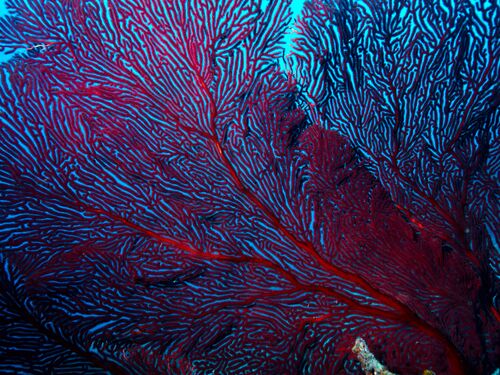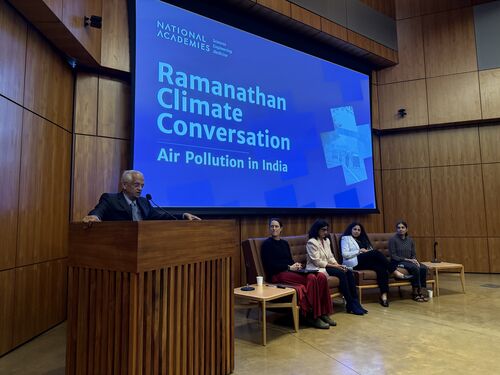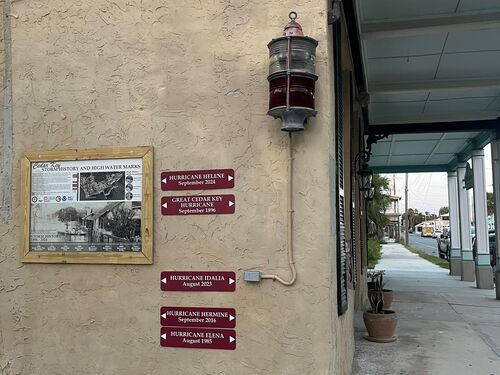Nine Winners Selected for the TRB Airport Cooperative Research Program Graduate Research Awards
Program News
By Paul Mackie
Last update September 9, 2021
WASHINGTON — The Transportation Research Board’s Airport Cooperative Research Program (ACRP) today announced nine winners of its annual Graduate Research Awards. The prestigious awards focus on applied research on airport and related aviation system issues to help the public sector improve the quality, reliability, safety, and security of the U.S. civil aviation system.
ACRP Graduate Research Awards stimulate thought, discussion, and research by those who will become part of the future airport industry workforce. Now in its 15th year, the program is sponsored by the Federal Aviation Administration (FAA) through ACRP and managed by the Virginia Space Grant Consortium. The research of this year’s graduate student awardees focuses on a wide variety of topics including pavements, urban air mobility, and environmental sustainability.
The ACRP Graduate Research Award offers a $12,000 stipend as well as the opportunity for the student’s final research paper to be published in TRB’s journal, Transportation Research Record, and to present their work at TRB’s 2023 Annual Meeting.
The 2021–2022 recipients of the ACRP Graduate Research Awards are:
Lama Abufares is a master’s student at the University of Illinois at Urbana-Champaign, majoring in civil engineering. Her paper is titled “Density Prediction of Wet Airfield Flexible Pavements Utilizing Ground Penetrating Radar Data.” Imad Al-Qadi is her faculty mentor.
Michael Ammoury is a doctoral student at Syracuse University, majoring in civil engineering. His paper is titled “Incorporating Smart Building Technologies into an Airport Management Framework to Improve Sustainability and Resilience.” Baris Salman is his faculty mentor.
Fernando Cordero Montoya is a doctoral student at Auburn University, majoring in civil engineering. His paper is titled “Development and Scoring of Flexible Airport Service Resilience Performance Measures.” Jeffrey LaMondia is his faculty mentor.
Mitchell Fisher is a doctoral student at Auburn University, majoring in civil engineering. His paper is titled “Understanding How Personal Environmentalism Beliefs Influence Air Travel Behavior and Modeling its Potential Impact on National Air Travel Volumes.” Jeffrey LaMondia is his faculty mentor.
Caroline Marete is a doctoral student at Purdue University, majoring in aviation and transportation technology. Her paper is titled “A Framework for Assessing the Impact of Sustainability Planning in U.S Small Hub Airports: Multiple Case Study.” Mary Johnson is her faculty mentor.
Parisa Sanaei is a doctoral student at Syracuse University, majoring in civil engineering. Her paper is titled “Incorporating Photogrammetry and Laser Scanning Technologies into Runway Inspection Procedures.” Baris Salman is her faculty mentor.
Varun Sudarsanan is a doctoral student at Purdue University, majoring in aerospace systems. His paper is titled “Terminal Airspace Trajectory Prediction Framework for In-time Prognostics.” Daniel DeLaurentis is his faculty mentor.
Javier Viana is a doctoral student at the University of Cincinnati, majoring in artificial intelligence in aerospace engineering. His paper is titled “AI-Driven Enhancement of Passenger Flow Prediction Using a Genetic Fuzzy Inferencing System for Airports.” Kelly Cohen is his faculty mentor.
Yanyu Wang is a doctoral student at Carnegie Mellon University, majoring in advanced infrastructure systems. Her paper is titled “Proactive Improvements of Standard Taxi Routes in Airports Based on Reinforcement Learning and Data-Driven Simulation.” Pingbo Tang is her faculty mentor.
The Airport Cooperative Research Program is an industry-driven, applied research program that develops near-term, practical solutions to airport challenges. The program is managed by the Transportation Research Board, which is a program unit of the National Academies of Sciences, Engineering, and Medicine — private, nonprofit institutions that provide independent, objective analysis and advice to the nation to solve complex problems and inform public policy decisions related to science, technology, and medicine. The National Academies operate under an 1863 congressional charter to the National Academy of Sciences, signed by President Lincoln. For more information, visit http://national-academies.org.
Follow us:
Twitter @NASEMTRB
Facebook @NASEMTRB
Contact:
Paul Mackie, Director of Communications/Media
Transportation Research Board
202-841-2953; e-mail PMackie@nas.edu
More like this
Discover
Events
Right Now & Next Up
Stay in the loop with can’t-miss sessions, live events, and activities happening over the next two days.
NAS Building Guided Tours Available!
Participate in a one-hour guided tour of the historic National Academy of Sciences building, highlighting its distinctive architecture, renowned artwork, and the intersection of art, science, and culture.



